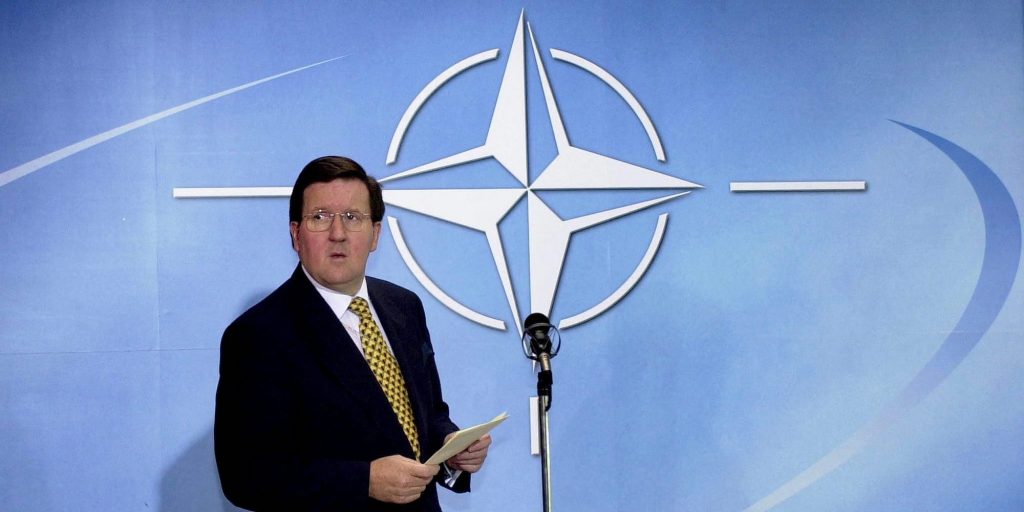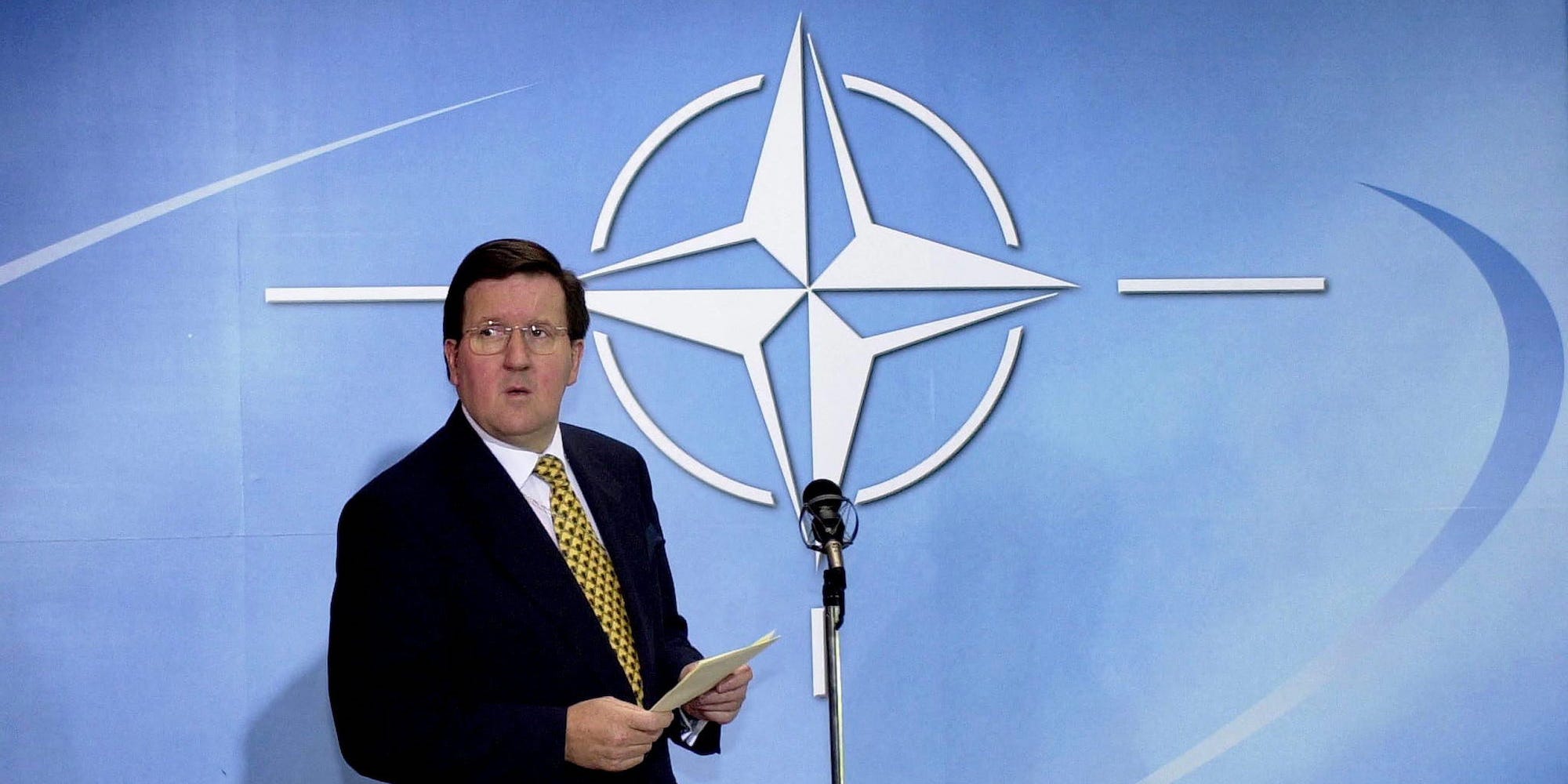
OLIVIER HOSLET/BELGA/AFP via Getty Images
- NATO's collective-defense provision, Article 5, is the alliance's backbone.
- Article 5 has only been invoked once, after the September 11 attacks, which led the alliance into Afghanistan.
- After 20 years of fighting there, NATO members face hard questions about their commitment to the alliance.
- See more stories on Insider's business page.
A few weeks after the September 11 attacks, NATO made a decision that would shape its future for the next two decades when it invoked its most important weapon: Article 5.
Article 5, NATO's collective-defense provision, is the alliance's backbone. According to it, an attack against one NATO member is an attack against all.
The article was included in the Washington Treaty, NATO's founding document, to deter the Soviet Union amid the emerging Cold War. The idea was, essentially, that if the Soviet Union attacked a European NATO member the US would intervene on its behalf.
However, the US was wary of an automatic military commitment. So, despite pressure from European allies, the article did not specify the type of assistance the members would offer to the attacked party. This would play out in unforeseen ways in the future.
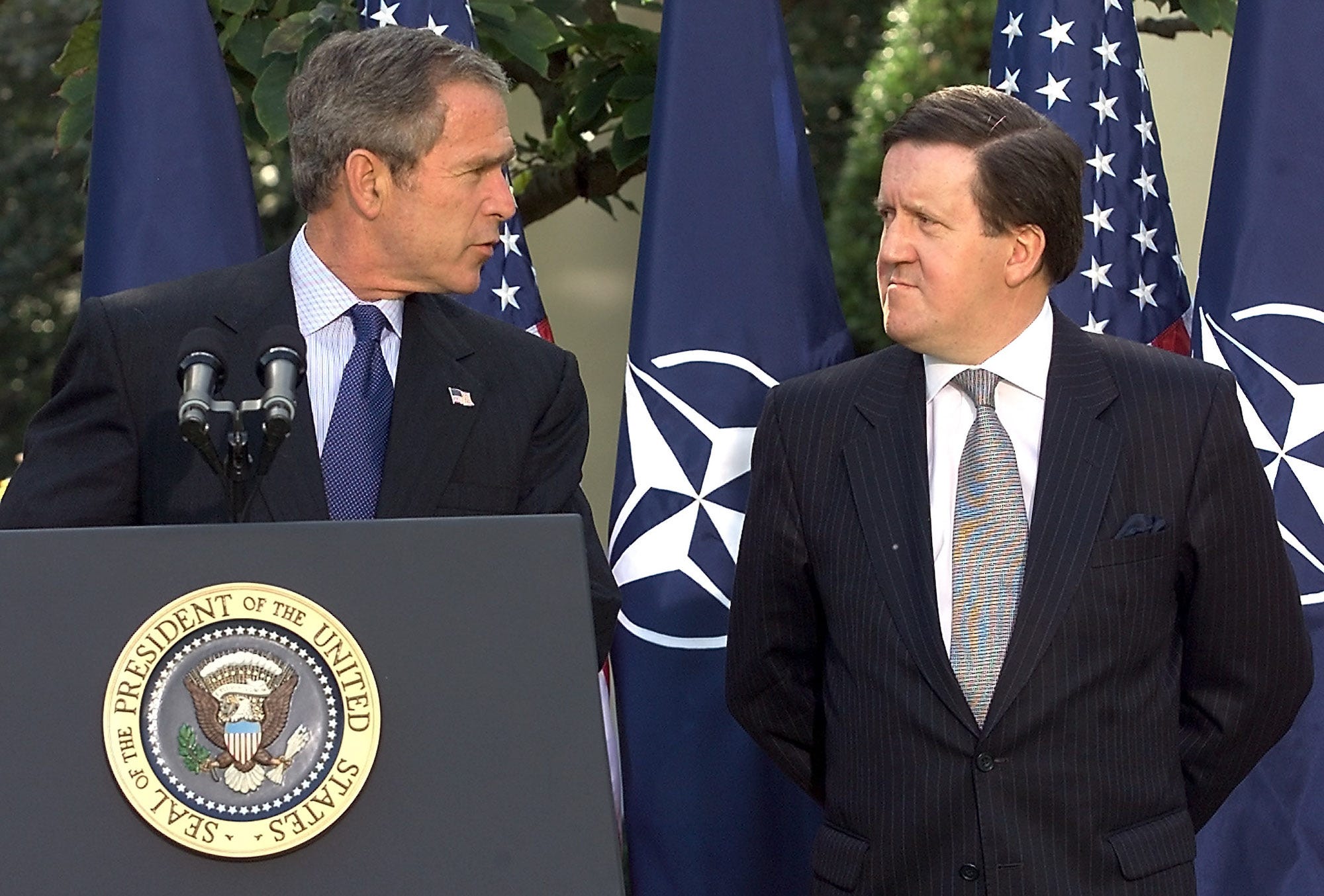
TIM SLOAN/AFP via Getty Images
The article was never invoked during the Cold War. The first and so far only time it was invoked was not to defend a small NATO member from Soviet encroachment but the muscle of the alliance, the US itself, from Middle Eastern terrorists.
The day after the September 11 attacks, most NATO countries called for the invocation of Article 5. This did not immediately happen since the origin of the attacks had yet to be determined to the satisfaction of some members.
It took until October 2, 2001 - when then-NATO Secretary General Lord George Robertson announced that the attacks had indeed been directed from abroad - for Article 5 to be invoked.
This was a watershed moment for the alliance. Failure to invoke Article 5 would have rendered NATO obsolete. Instead, the alliance, which had struggled to find its raison d'être following the collapse of the Soviet Union, was propelled into Afghanistan and the fight against terrorism.
NATO's most important mission
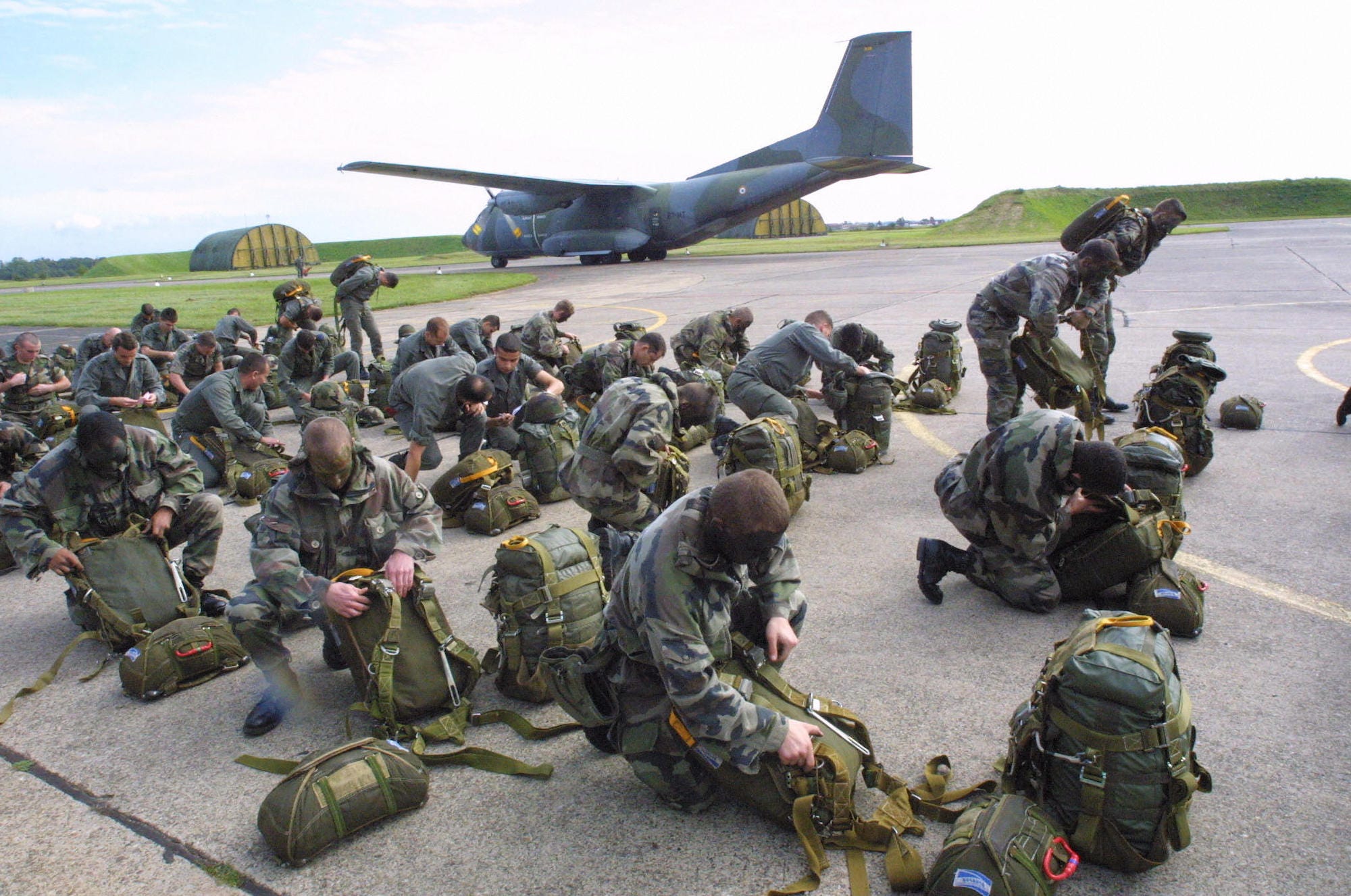
DAMIEN MEYER/AFP via Getty Images
A number of NATO allies were involved in the war from the very beginning.
The UK participated in the first airstrikes against Taliban and Al Qaeda targets. German and British special-operations units took part in the Battle of Tora Bora. A number of NATO countries contributed personnel, aircraft, and logistical support during 2002's Operation Anaconda, the successful mission to rout out Al Qaeda from Afghanistan's Shahi Kot valley.
After dismantling the Taliban and Al Qaeda networks in Afghanistan, NATO's role there only grew.
In 2003, at the request of the UN and the Afghan government, NATO took charge of the International Security Assistance Force. This was a landmark moment for the alliance.
ISAF would be NATO's first deployment outside of Europe and North America. All NATO members would contribute personnel to ISAF - some contributed more per capita than the US.
Eventually, the ISAF mandate would expand from securing Kabul to the whole country. This nominally transferred control of the war to NATO.
The war exposes NATO's weaknesses
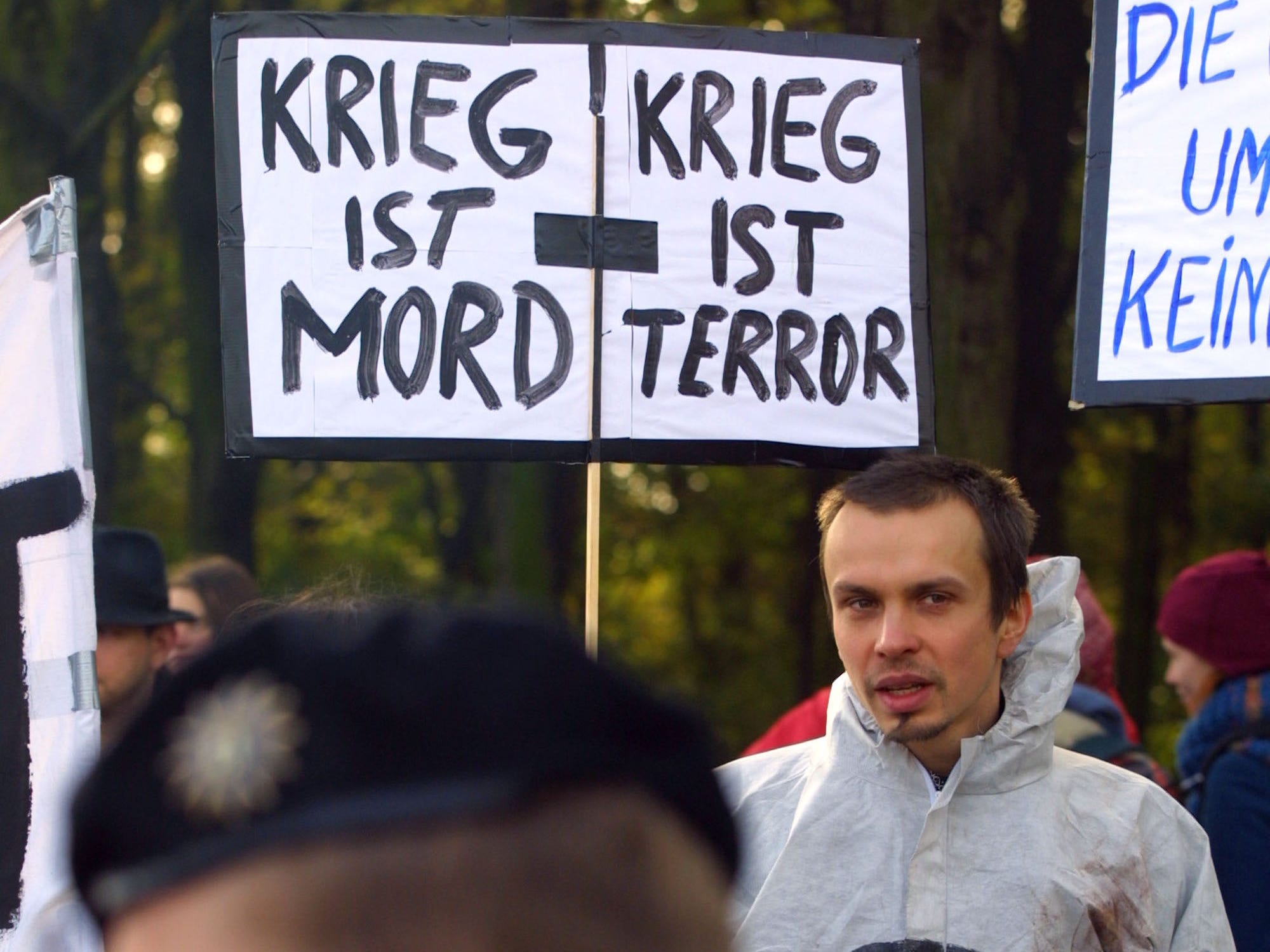
Sean Gallup/Getty Images
Assuming control of such a high-stakes mission provided significant operational and organizational experience to NATO. However, as the war's toll increased, weaknesses within the alliance were exposed.
Participation in the war in Afghanistan had been a contentious issue in many European countries from the beginning.
In some, like Spain, parliamentary approval had not been obtained to dispatch troops to Afghanistan. In others, like Germany and Italy, the deployed troops were limited by legal constraints, which in some cases prevented them from actually fighting the Taliban.
Most NATO members had not fought a war in decades, so even limited combat casualties caused significant backlash at home. The 2004 Madrid train bombings and the 2005 London bombings - which brought Islamist terror to Europe in two of the continent's worst attacks in decades - further increased the war's unpopularity.
As a result, many NATO members only contributed a few support troops and tried to sidle away from combat operations and troubled areas. France even withdrew its combat forces in 2012. The lack of specificity in Article 5 meant members could abide by their NATO commitment without totally participating in the war effort.
In 2015, ISAF became the Resolute Support Mission. A non-combat mission, RSM significantly scaled down the number of NATO troops in Afghanistan as it focused on supporting and advising Afghan security forces.
At its peak in 2019, the RSM fielded 17,000 troops, half of whom came from America's allies. Nevertheless, many countries' troop contributions were in the double or even single digits, highlighting NATO's participation problems.
The few thousand non-US NATO troops still involved in Afghanistan in 2021 followed the US out of the country, evacuating Kabul in late August.
A warning sign
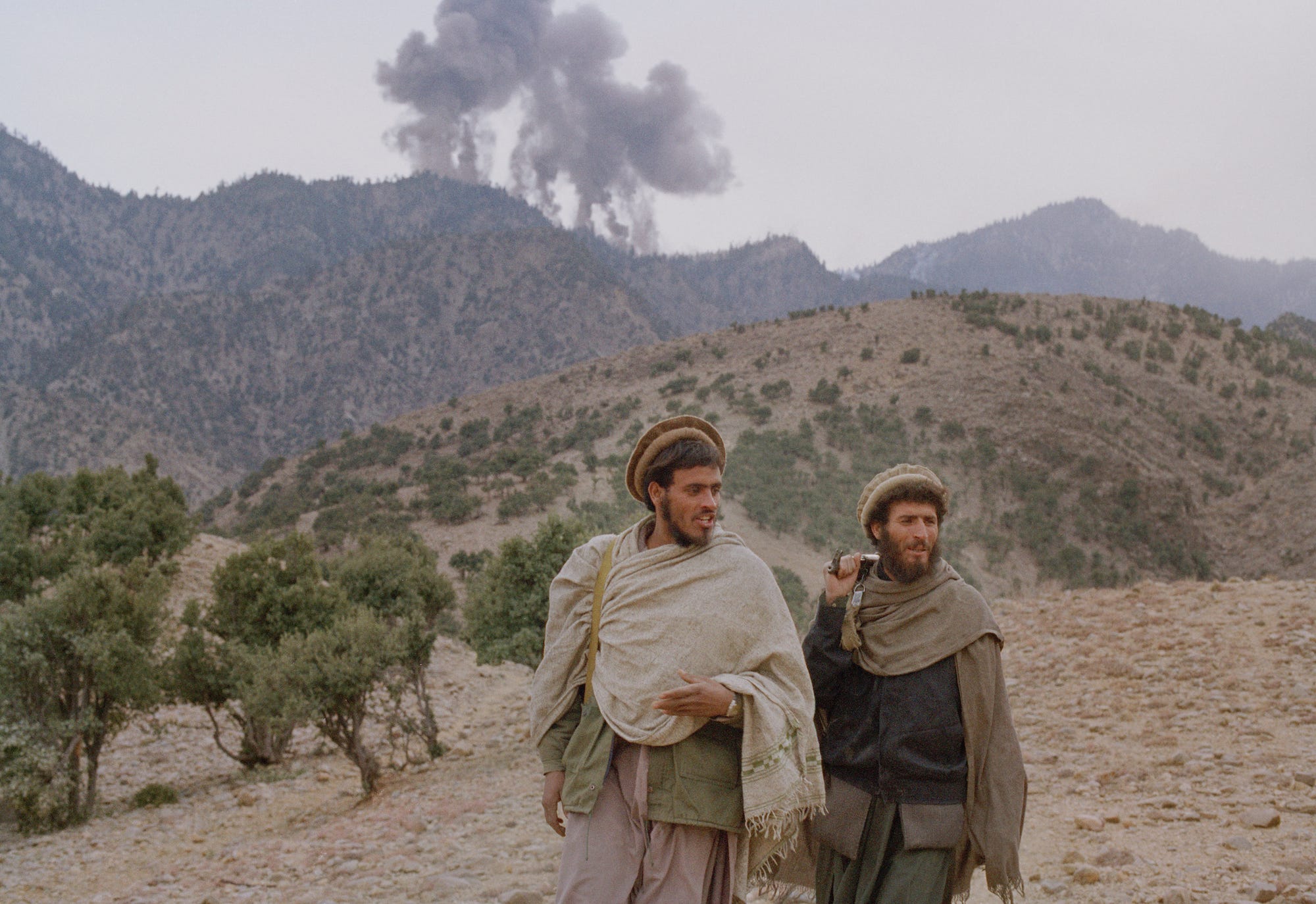
Robert Nickelsberg/Getty Images
The alliance emerges from Afghanistan with a mixed record.
On the one hand, it undertook its largest mission ever and the first outside its normal area of operations, learning valuable lessons about organization and interoperability that will be useful for future deployments.
On the other hand, the intractable problem at the alliance's core was exposed: the near-impossibility of getting all 30 members to agree on and commit to military and political priorities.
To apply those lessons and stay relevant, the alliance will need to ensure that alignment.
As NATO Secretary General Jens Stoltenberg wrote on the 20th anniversary of the September 11 attacks, "Afghanistan will not be the last crisis for which North America and Europe need to act together through NATO."
Constantine Atlamazoglou works on transatlantic and European security. He holds a Master's degree on security studies and European affairs from the Fletcher School of Law and Diplomacy.
